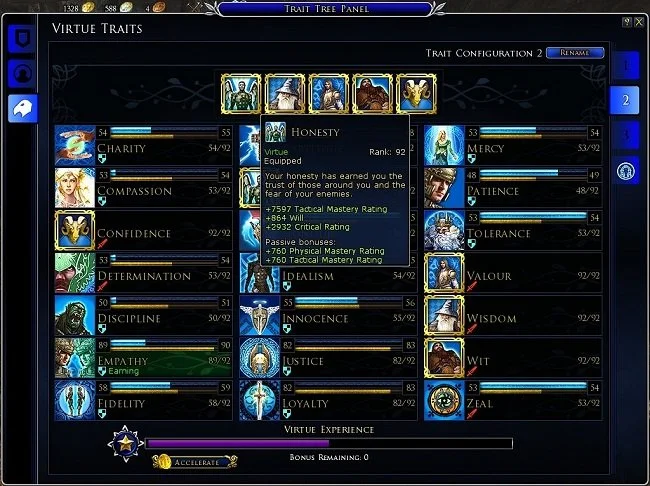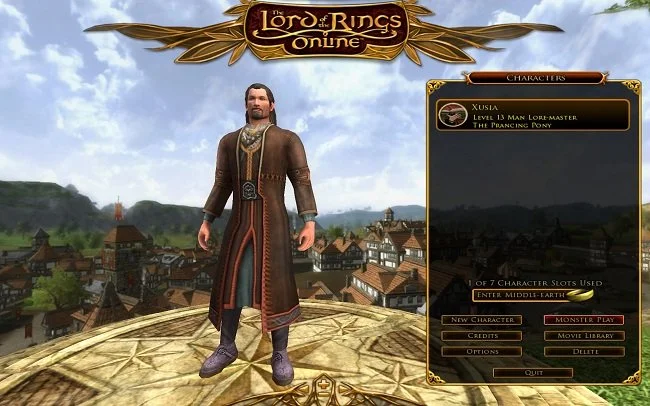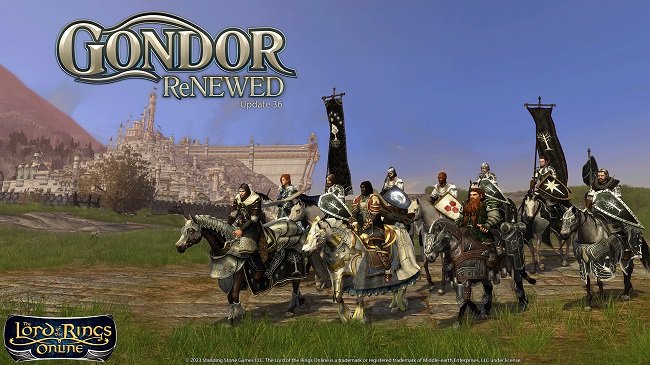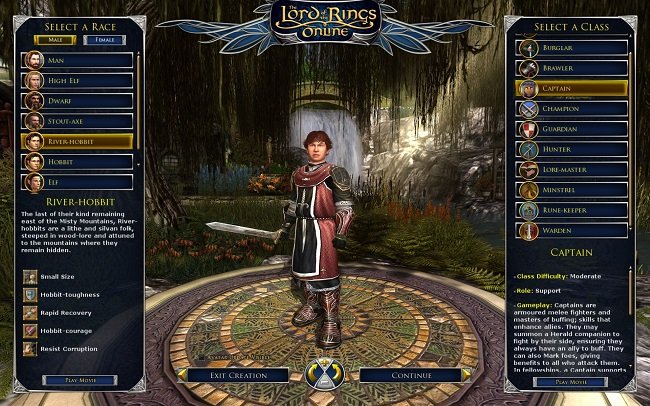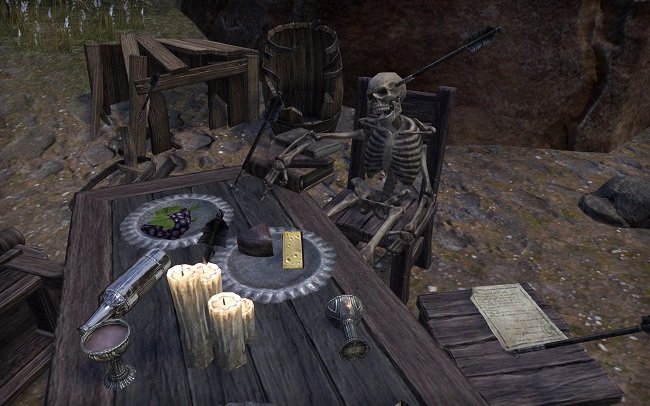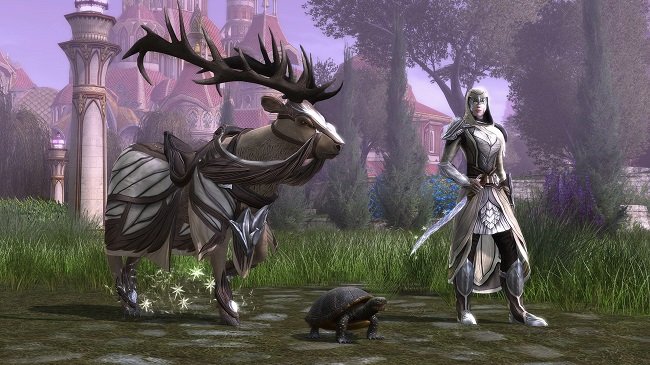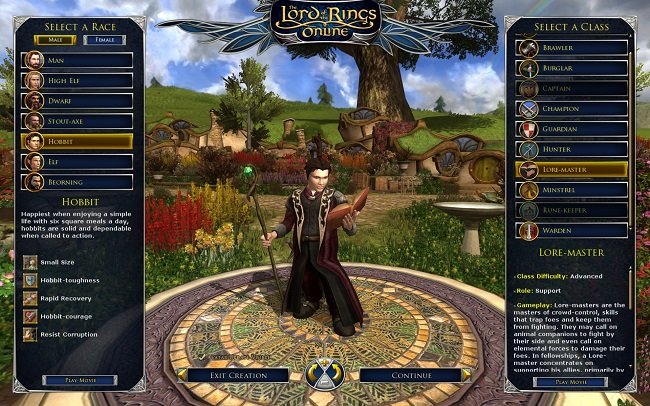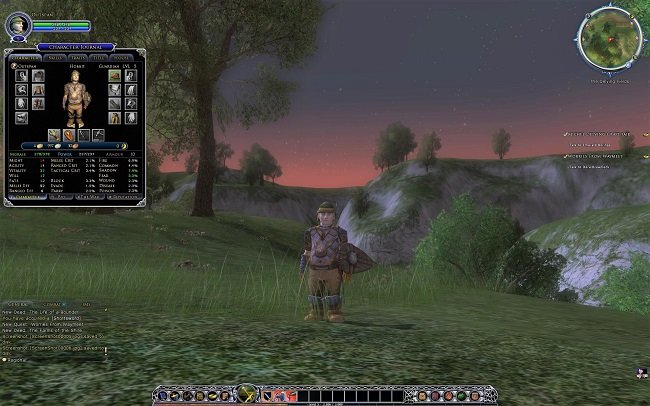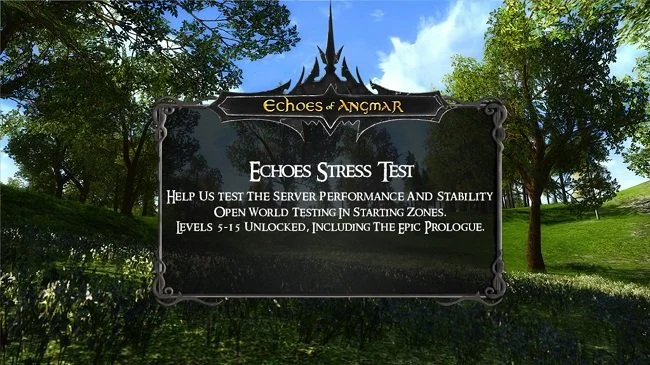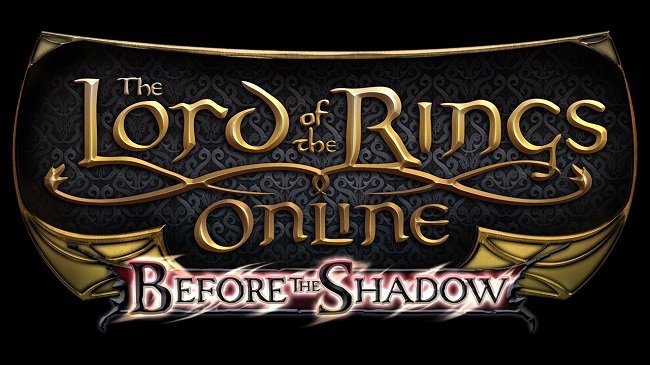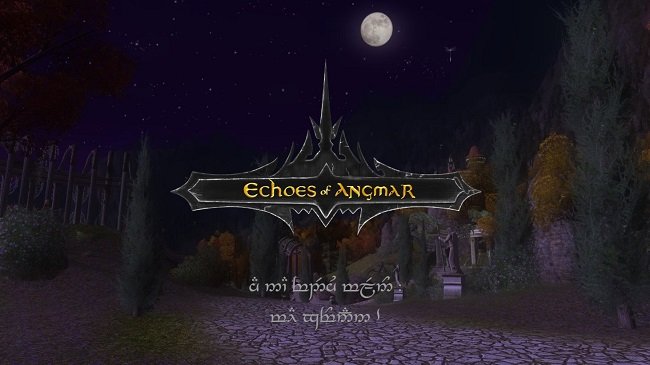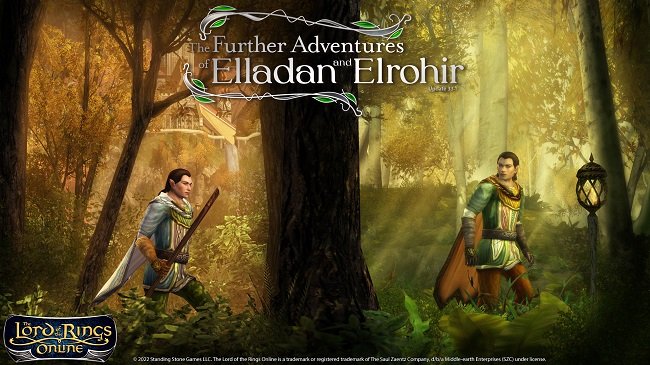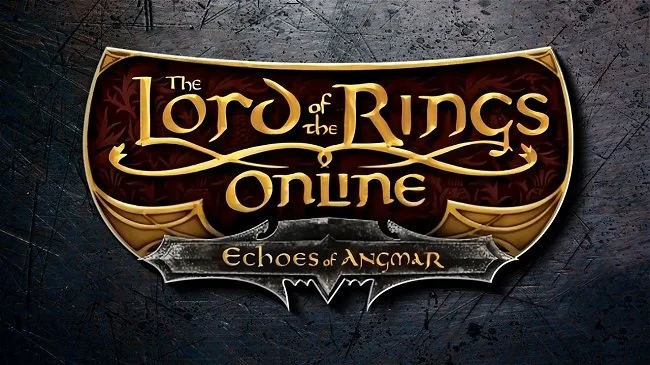Standing Stone Games: Is the Honeymoon Over?
I was not that surprised when Standing Stone Games announced that their Mordor expansion for LOTRO would be released at the end of July, just weeks after several open beta tests. This is something the developers have done for a while, with all their major updates. One has to remember that despite a change of name, to core team developing LOTRO has not radically changed since they extricated themselves from Turbine. Something that SSG went out of their way to stress when they formally announced their move, last December. The press releases and interviews at the time focused on a sense of continuity and implied that SSG was now free from the corporate yolk of Warner Bros. and Turbine. It led to a great deal of optimism among LOTRO players and sparked a resurgence in the game. The fact that the MMO has now reached the end of Tolkien’s story and is about to embark upon its own original narrative has been well received. Yet LOTRO has always been regarded both by the faithful and by those outside, as a game that never quite lived up to its potential. Perhaps the release of Mordor would remedy that?
Well it would appear that the honeymoon between Standing Stone Games and the LOTRO player base is now over. There were cracks appearing in the façade of mutual goodwill during the anniversary event, when it became clear that several activities were exclusional. However, it has been the debacle over the pricing structure of the Mordor expansion that has returned community relationships back to how they were previously. Many LOTRO players do not consider the itemisation and costs of the three different editions of the expansion to be equitable. Once again, the game developers appear to be taking their customers loyalty and support for granted. Something that was a regular complaint when LOTRO was administered under the auspices of Turbine. It would appear that LOTRO is still tied to a cycle of controversies, poor decision making and potentially biting the hand that feeds it. So much for the concept of “a new broom sweeps clean”.
For the last seven years, LOTRO players have been left to assume (often by the inference of Turbine themselves) that a lot of the problems associated with the MMOs development have been down to Warner Bros. interference. However, according to information garnered from staff who have either left Turbine or been laid off, it would appear that has not been the case. Turbine were left to run things pretty much as they liked by their corporate owner, who it would seem were merely interested in obtaining the licence. Thus, we must deduce that all the controversies that have happened with the game since 2010, such as the barter wallet, mounted combat and the skills tree revamp, can all be laid at Turbine’s door. It would appear that Standing Stone Games, despite separating themselves from Turbine per se, have brought with them the same business mindset because it was theirs to begin with.
As ever with matters of this kind, unless the public are given specific information gained from inside the company in question, it really comes down to deductive reasoning and making “educated guesses”. We do not know the exact details of the relationship between Daybreak Game Company and Standing Stone Games. Are they just a publisher or are more involved and control the purse strings? Did they have any say in deciding the pricing of the Mordor expansion? We do not know for certain. However, while these questions and others are debated on the forums and gaming websites, LOTRO players once again find themselves robustly supporting a game that still seems to be failing to meet its potential and at odds with a developer that doesn’t seem to listen as well as it claims. When one stands back and objectively looks at the life cycle of LOTRO, it really has dodged several major bullets mainly due to the goodwill of the players, who seem to be exceptionally forgiving. Perhaps too much so. If this MMO was an original IP with a different audience, then I do not think it would have lasted the ten years that it has.




